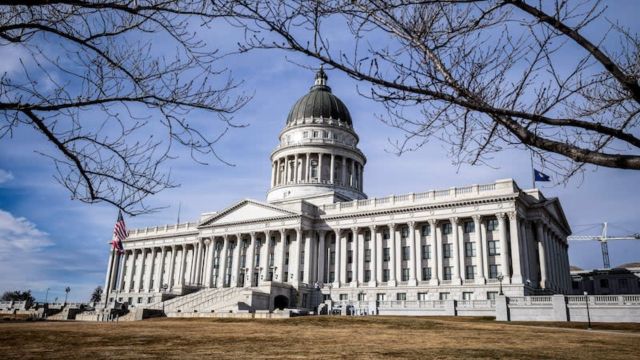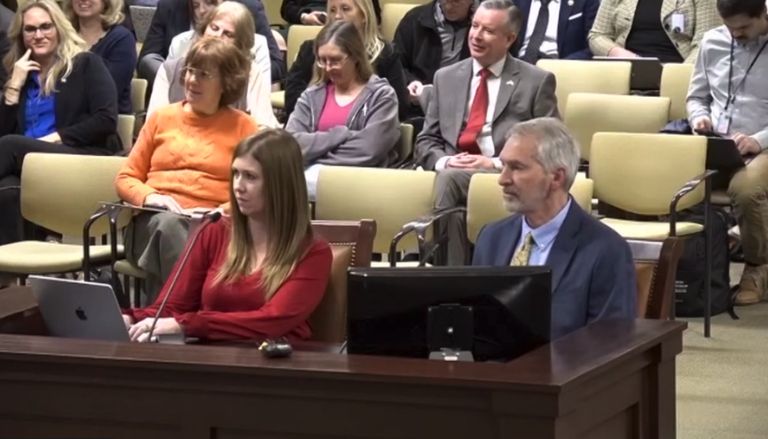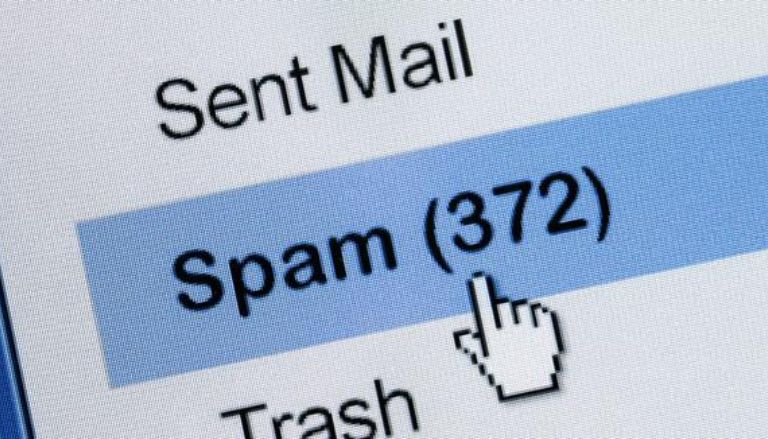The first of several election bills that the Utah Legislature will look at in 2025 has passed its initial review.
On Wednesday, the House Government Operations Committee approved HB69, a bill by Rep. Stephanie Gricius from Eagle Mountain. This bill would make it a crime to access or share information about how or when a voter returns their ballot, in certain situations. This was done on the second day of the Legislature’s 45-day session, and the vote was unanimous.
The new law follows concerns from some elected officials, including Sen. Mike McKell, who is now part of the Senate’s Republican leadership team. They are worried about Utah County Clerk Aaron Davidson monitoring how at least two politicians submitted their ballots and criticizing them for not paying for postage.
Davidson and McKell disagreed over Davidson’s choice to stop Utah County from automatically covering the return postage for mail-in votes. Instead, Davidson suggested that voters should pay the $0.73 for their stamps. If they didn’t, the U.S. Postal Service would still send the vote but would bill the county for it.
An earlier version of the bill was approved by the Government Operations Interim Committee in November. Gricius explained that the bill aims to make it clear to workers that they should not casually check someone else’s information.
Gricius didn’t mention Davidson by name when discussing her bill with the committee on Wednesday. However, she did say the bill was meant to deal with county clerks getting information and using it for political reasons with the media.
Davidson sat behind her in the audience of the committee, with his arms crossed and smiling sometimes as Gricius talked. During the meeting, he shook his head several times while politicians were speaking.
In November, Gricius said they didn’t have enough time to get the bill correct. However, after discussing it further, she believes they have now figured out how to keep public information accessible while also protecting personal records to avoid similar issues in the future.
On Wednesday, Gricius presented an updated version to the House committee. The new version states that voting history records, including how a voter returned a mailed ticket or if they paid for postage on it, are considered private. This means they usually should not be shared.
The bill says that a government worker who can access government information cannot use, copy, or share that information unless it is part of their job. It would make it clear that sharing the information shouldn’t be done mainly for personal reasons, like for politics.
Breaking the law on purpose would be a class B crime. If the complete Utah Legislature gives its approval, it will start on May 7.
“It basically creates a set of rules for county clerks to follow,” Gricius said. “You can’t use someone’s voting information for politics or look at their information unless it’s necessary for your job.”
During the committee’s public discussion time, Davidson insisted again that Gricius’ bill was just a reaction to a disagreement between him and McKell. Davidson said, “He’s the one making it political, not me.”
He explained that he checked how some elected officials voted because he wanted to encourage voters in Utah County to use what he thought was the safest way to vote: by dropping off their ballots at a drop box instead of mailing them. “I was just focusing on the people who were suggesting using the U.S. Postal Service to send back their ballots,” Davidson said.
Rep. Cory Maloy, R-Lehi, then interrupted. “You don’t see an issue with that?” he pressed Davidson. “Are you taking people aside because you’re worried about something?”

Davidson then called McKell out by name and again criticized him for openly advocating for voting by mail, and he said he didn’t think he did anything wrong. “I did it when it was legal.” Clearly, it wasn’t against the law since you’re having this meeting now. “It’s a public document.”
Maloy supported the bill, stating that no matter what Davidson thinks about voting by mail, the important issue is whether politicians should define what is acceptable behavior for a county clerk or other government officials.
“I have a problem with checking how specific ballots were returned, especially when it involves elected officials,” Maloy said. “We’ve heard evidence saying, ‘It’s all the senator’s fault.’ He was the one making it political. But to specifically look at any group of people for whatever reason to see how they returned their vote is going back to the code of conduct. I don’t think it’s acceptable behavior.
The House committee decided to support the bill with everyone agreeing. It will now be reviewed by the entire House.




Leave a Comment